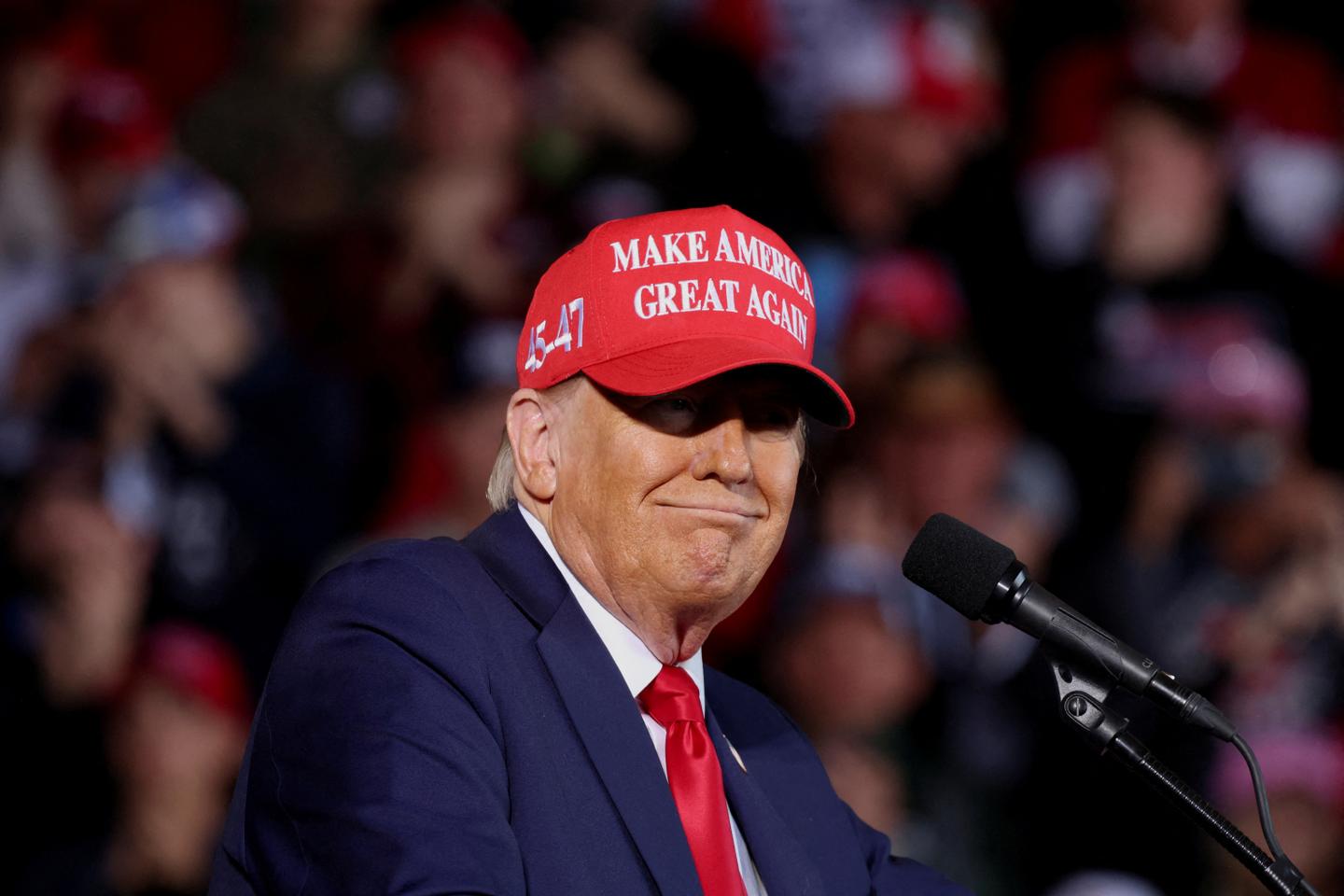


"I am a capitalist." It was with this unexpected profession of faith that Kamala Harris introduced herself to business circles in Pittsburgh, Pennsylvania on September 25, while at the same time revealing her project for the country: an economy of "opportunity," where everyone can "compete" and a middle-class capitalism with just the necessary measure of regulation.
In the debate against her opponent Donald Trump, Harris had secured the endorsement of Goldman Sachs bank and went on to detail her "pragmatic" approach – tax credits for families as social policy, a moderate increase in corporate tax rates, the pursuit of hydraulic fracturing to ensure low energy costs and tax support for young entrepreneurs.
Of course, the Democratic candidate intends to counter her opponent's caricatures of her as a Bolshevik, but this reaffirmation of the virtues of capitalism is also her essential proposal. At a time when economic vulnerability is the primary concern of voters in rural and urban areas, on campuses and in churches, who express a deep sense of alienation, Harris proposes to resurrect the liberal, measured capitalism that is credited with having brought glory to the American middle class throughout history.
A commonplace of national discourse, this belief in capitalism as America's indestructible horizon draws on the sources of liberal thought: The Wealth of Nations, the seminal work by Adam Smith (1723-1790) published in the year of American independence (1776), is the intertext of this messianic vision of capital as bringing people and nations closer together, liberating them from scarcity, ensuring individual freedom and even guarding against injustice and arbitrariness.
A black and Asian woman who never mentions it, Harris proposes post-racial capitalism without class struggle, where prosperity is shared between citizens equitably equipped to take on the market's "opportunities." A shared nostalgia for a lost, "original" capitalism strangely brings the two candidates together.
Market fundamentalists
Harris' caring, liberal capitalism, which is blind to differences, is, however, in every way opposed to that embodied and defended by Donald Trump. A real estate developer and tech investor, the far-right billionaire ardently defends capital accumulation and runaway economic growth. Heterodox perhaps, his industrial protectionism is in reality no more than a tool in the service of productivism and is in no way accompanied by a questioning of financial globalization, which is infinitely more important for the American and world economy.
You have 56.1% of this article left to read. The rest is for subscribers only.
